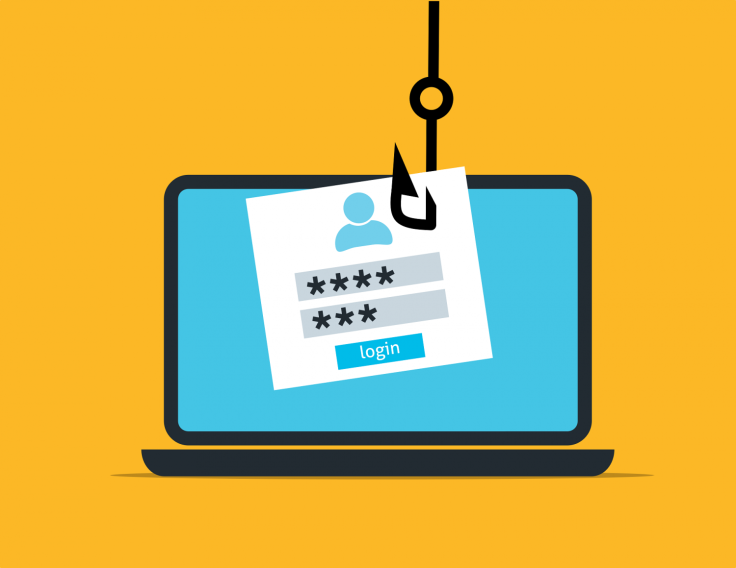
Data breaches are becoming increasingly common, and the effects of some low-life stealing your identity after getting hold of your private information can be devastating. We need to become more proactive about managing our personal information online.
While a VPN is a great quick-fix solution for better privacy,you can do several other things to maximize your digital privacy. One way to do this is by using the best search engines for privacy. These search engines prioritize user privacy and do not track or collect personal data, providing a safer and more secure browsing experience.
Here are 6 very do-able tips that will help you protect your digital identity:
1. Use a VPN
Using a Virtual Private Network (VPN) is a shortcut to guarding your online privacy and anonymity with a few clicks. A VPN creates an encrypted, private tunnel between your device and the internet, protecting all the data that passes through it. It uses encryption as an effective defense against hackers and snoopers, as it keeps your logins and sensitive information hidden from prying eyes. People use VPNs to protect both their private lives and their business secrets.
2. Limit your sharing on social media
Most people have never met or don't know most of their Facebook contacts. Marketers who track everything you do online are the only people likely to care about what you say, click, or like. Every action gives them more data points, leading to invasive ads that follow you around the internet. However, it can also provide shady characters with insider information about your daily habits.
A friend of a friend of a friend doesn't need to know your street address, where you were born, or where you graduated. Making this information public makes it easier for criminals to impersonate you. Check your privacy settings, limit the people who can view your posts and profile, and don't accept every friend invitation on impulse!
3. Choose a better browser
Choose a privacy-focused browser to interact with websites while surfing the internet. Your browser can pass information about your likes and dislikes to every website you visit, so it's better to keep some secrets from it. Pick a browser that hasn't been engineered to snoop on you, such as Mozilla Firefox or Brave, which blocks cross-website tracking. Avoid using Google Chrome and Microsoft Edge. Decline cookies on websites whenever possible and, as an additional measure, use a VPN with a tracker blocker feature.
Despite your best efforts, all browsers accumulate some first-party cookies during use. Remember to clear your browser cache regularly to remove unwelcome trackers and cookies.
4. Use a search engine built for privacy
Another way to protect your digital identity is to use a search engine that respects your privacy and has not been specially designed to make data collection and sharing easy. Two of the best search engines for privacy are DuckDuckGo and Startpage. They don't track your online activity or store search histories. They also don't personalize your results based on your previous search history or shopping preferences.
The best search engines for privacy also offer extensive options for blocking cookies and ad trackers and can be individualized depending on the websites you visit.
5. Think before you click
Phishing scams are a leading cause of cybercrime; even security professionals can be fooled into making mistakes. In phishing, scammers trick you into giving up confidential financial or personal information. They send fake emails that appear to be from banks, credit card companies, or shopping sites. They look genuine, and the aim is to get you to click on a link and 'verify your financial information.' Ironically, they often use scare tactics about unauthorized transactions, urging you to act before your account gets frozen or closed.
Don't fall for these scams. These poisoned phishing links may route you to a spoofed web page that looks identical to the homepage of a bank or other well-known brand. However, the scammers secretly capture your account or login information when you type it in and store it for future use.
Before you click, hover your cursor over the link to view the destination URL. Look for tiny differences in spelling. If it doesn't match the website of the financial institution you use, don't click on it. If you get a suspicious-looking email, it's better to contact the official phone or email numbers on the verified company website to ask if the email is legit.
6. Secure all your devices
It's important to secure all your devices, including smartphones, tablets, and laptops, as most people spend a considerable part of their day surfing the web and answering emails on different devices. Here are some steps you can take to secure your devices:
Be careful when downloading apps or software - only download games or software from verified sources.
Use a reputable antivirus software solution on all your devices. It can prevent hackers from infiltrating your computer or network, stealing personal and financial information, and tracking your location.
Keep your virus protection software and operating system up-to-date. Install updates as soon as they become available. This will help protect against the latest malware, spyware, and viruses.
Some final online privacy advice
Reject those cookies! Rejecting cookies can limit the amount of personal information collected and shared by websites and third-party advertisers. Yes, it may seem like a hassle to reject cookies, but doing so sends a signal to marketing companies that you value your privacy, and it may contribute to the more giant fight for data privacy for internet users.









